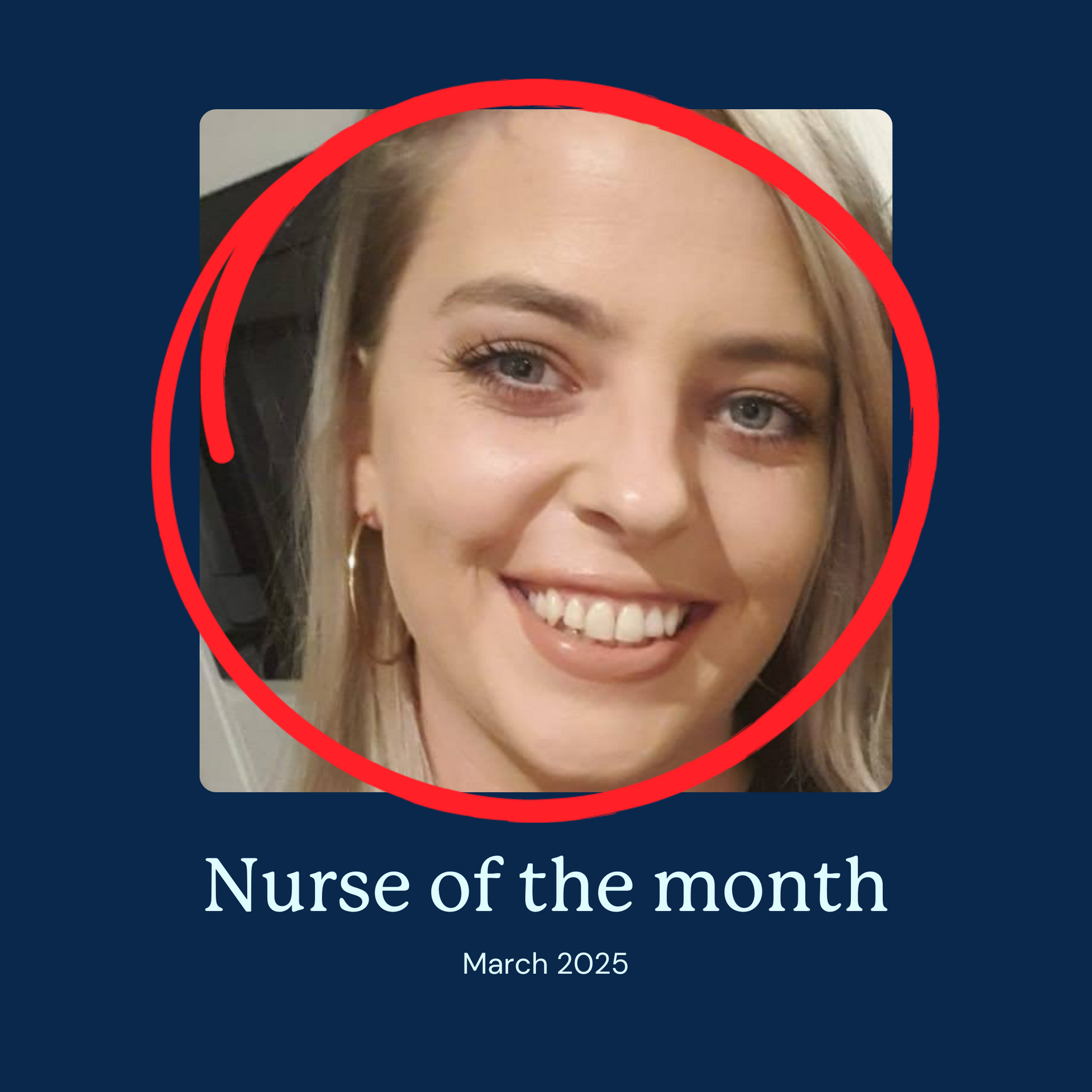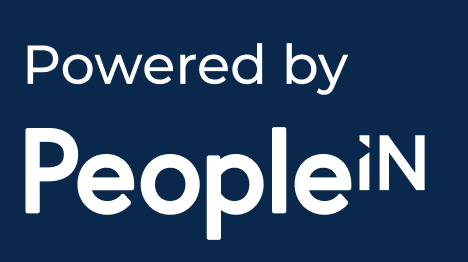
As a nurse, how do you keep track of your roster, continued professional development hours, your pay and bustling social life? Do you use a paper diary or sticky notes placed all around your home so you don’t forget anything? There is a much easier way! Mobile phone apps allow us to not only manage our busy schedules and become more knowledgeable through learning, but they also can help us save money and time.
This post explores the most helpful apps for the modern nurse you need to download today!
Calendar apps
The number of calendar apps found in the app store for both Apple and Android devices is huge. Some apps allow you to track your pay and hours while others focus on communication and swapping shifts between colleagues. Though the choice can be overwhelming, here are a few popular calendar apps you need to try:
- Shift Worker
o Benefits: Choose from visually pleasing, easily identifiable icons such as a sun or a moon, able to fill in future dates automatically, send your shifts to others via email, MMS, Twitter or Facebook and easily add notes to any selected day
- My Shift Planner
o Benefits: Comprehensive, syncs with google calendar, personalisation available, payday and public holidays.
- MyDuty
o Benefits: Ability to create groups and view your friends and families schedules from any device where you are logged in.
- ANMF Diary
o Benefits: This free app (to ANMF members) offers nurses an easy to use shift planner, pay calculator and dosage calculator whilst also providing nurses with news and upcoming events.
Educational apps
Trying to find quick evidence-based answers to your burning medical questions can be tricky in the heat of the moment. Using the apps listed below allows nurses to find information on demand to adequately inform yourself and also you patients and their families (Please remember that First Choice Care Nurses are asked not to have their phone with them on shift, but feel free to look at this during your break).
- ECG
o Benefits: From visual representations of cardiac rhythms, to case studies and quizzes, this app packs a punch.
- UpToDate
o Benefits: Incredible resource for nurses with a question they need answered instantly. You do require a special individual or institutional subscription to gain access.
Simulation Learning Apps
Simulation-based learning allows nurses at any level to expand their knowledge and prepare themselves for real-life situations. Both of the apps listed below allow nurses to be submerged into a simulation-based situation where they are required to act timely and respond to deteriorating patients which increases their knowledge and preparedness for the clinical environment.
- Resuscitation
- Full Code – Emergency Medicine
Translation Apps
Being able to communicate with your patients and their families during a crisis situation is critical. Mobile language translation apps allow nursing and medical staff to accurately communicate, exchange texts and translate signs to ensure no information is missed or misinterpreted.
- Google Translate
o Benefits: Incredibility popular and easily accessible allowing translations between 103 languages by typing. It also permits for offline usage, camera translation and conversation mode using instant text.
- ITranslate
o Benefits: Voice to voice communication. This app will translate and recite a spoken sentence in 42 languages.
Health and Wellness Apps
Nurses are often shift workers trying to function effectively whilst working against their body clocks circadian rhythm. Fatigue and exhaustion often voiced by nurses make completing regular exercise and selecting the right food and drinks a daily challenge. The apps listed below can help motivate nurses to start creating healthy habits today.
- Keep it Cleaner
o Health and fitness app with a training program, run tracker, meal planner, hundreds of recipes, a period tracker, playlists, interval timer and more.
- Insight Timer
o Large free library of guided meditation
- Headspace
o Learn how to meditate and incorporate wellness into your busy nursing lifestyle in just a few minutes a day.
- Clue
o Easy to use period tracker for the ladies to keep track of their menstrual cycles often impacted by shift work.
Personal Apps for the Modern Nurse:
There are some apps which don’t fit nicely into the above categories but they deserve a place on our must haves.
- AusMed
o Keep track of your Continued Professional Development (CPD) hours with this comprehensive app.
- Ways or Google Maps
o Don’t be the nurse who arrives late to a shift because of traffic jams or accidents. Ways or Google Maps allows you to pre-program your destination to ensure you don’t get caught up in any dramas on the road including speed cameras, accidents and traffic.
Nurses often take better care of their patients and families than they do themselves because historically, it’s difficult to manage both well.
Though it may take some adjusting from your normal routine, take a second between shifts and install even a few of these apps to your phone to experience the difference and stress relief they can bring you.
It’s amazing what help is available for nurses when you look for it. Also, just remember to always make sure that content from these apps are within your scope of practice.
Cheers,
Emma Smith
theothershift.com
More articles







